(Akiit.com) Just as African Americans have influenced language and style, they’ve “blackened up” Twitter — 140 snappy and irreverent characters at a time.
Twitter’s black tilt is wonderful. The big story is not that it’s sketchy to even notice it. Nor is the big story that the general level of “blacktags” is not that of a graduate seminar. The big news is that America is talking black.
There is so much good about this that it’s hard to know where to start. First, there is the constant well of verbal creativity. It’s not writing, by a long shot. But that’s not the point. Not all that we write is actually writing. This is why worries about what email and blogging are doing to “writing” are misplaced; emailing is speech, except with the fingers. Waiting for written standards in emails is like criticizing Prince for not using the viola.
Twitter is more of this written speech, and even more like speech in its restriction to 140 characters — casual speech comes in packets of seven to 10 words. Twitter is now home to dazzlingly articulate speech, and if that’s by more black people proportionately than we might expect, then even better. Take this one noted in the New York Times: “Looking Forward to a Cup of Cherry Kool-Aide *Sips* .. Its Watermelon # moodkiller.”
Heavens! Inappropriate capitals, no apostrophe in “its,” funky punctuation. No, no — we must expand our sense of what language is. The caps put a theatrical frame around the scene. The asterisks are straight out of a comic book and convey vivid reality; if it’s deep when Chris Ware does it in a graphic novel, why do we want to throw a copy of Eats, Shoots and Leaves at this writer (I mean, talker)?
And even the missing apostrophe — it conveys that this is a real person living and talking, quite germane to this willfully humble little scene. Even if she left the apostrophe out by accident — and probably did — I, if “editing” the Tweet, would make sure it stayed out. This is a kind of art. Twitter means black people being articulate with one another, live, nationwide and 24-7. I say yes.
Another thing: Remember the idea that black America was getting left on the wrong side of the digital divide? Have you noticed that this has started to sound a little “10 years ago”? Twitter can be seen as the official end of this take on black America. I will never forget an article in the Atlantic Monthly in 1999 that earnestly argued that technology has not been black people’s friend, and history has made us shy of it. Even then, the legions of black people cherishing their VCRs and Discmans would have been surprised at this gloomy conclusion.
But black Americans were indeed getting online less quickly than whites. Economics had a lot more to do with this than culture, and we’ve come a long way since then — laptop ownership is now about even among the races. And now we have a concrete smackdown to the notion that there is, or ever was, something anti-technological in being black in the 21st century. With Twitter we have something quite “technological” that black people are more into than anyone else.
And finally, not only are black people using Twitter a lot, but the black comedy style and phraseology of the hashtags is calling the tune to a considerable extent, catching on among all Twitter users. This is part of something that has happened over the past 20 years and is little remarked upon: the browning of American language.
During the brouhaha over Oakland, Calif.’s proposal to use Ebonics as a teaching tool 15 years ago, scholars of the subject occasionally mentioned that Ebonics was becoming a youth lingua franca. The observation was typically taken as novel: One thought, “In fact, yes — I did think I heard a group of black teens near me last week, and noticed when they walked by that they were Asian.”
That’s less of a novelty now. The “youth” of 1996 are now adults, and the white ones often talk a lot more like black people than their parents — who themselves were children of the 1960s and ’70s — do. As do today’s “youth.” The casualness with which white young people of all demographics use “man,” “yo,” “dude” and “bro” or “bra” is now something we barely notice, but it would have looked like science fiction as recently as 1990. Carl Jung once said that American whites talk, walk and laugh like “Negroes” — that is now much more true than it was in his time.
Listen to a group of 20-something white male executives having drinks these days. You wouldn’t mistake them for black men if you couldn’t see them — but they don’t sound anything like their equivalents on Mad Men, either. It’s about more than speech — it’s communication in general. Watch the way they hug when greeting one another or taking leave. Among this demographic, the handshake now comes off as a bit stiff. And these guys’ favorite music is as likely to be rap as anything else.
All of it is a black “flava,” so to speak, in people who would be perplexed to be told of it. That is, it’s the real them — their subconscious, spontaneous way of being. America talks blacker now. America is blacker now. What black music did for America is now happening with language — such that it is predictable that Twitter’s toastmasters are disproportionately black.
Some are irritated that a lot of Twitter discourse has what they might consider too much flava. But they seem to be waiting for an interesting alternate universe in which humor is polite, and mass culture and communication are formal. I, for one, consider myself stuck in this real universe, and it’s one where I am happy to be watching the ascendancy of the black Twitterverse.
Written By John McWhorter




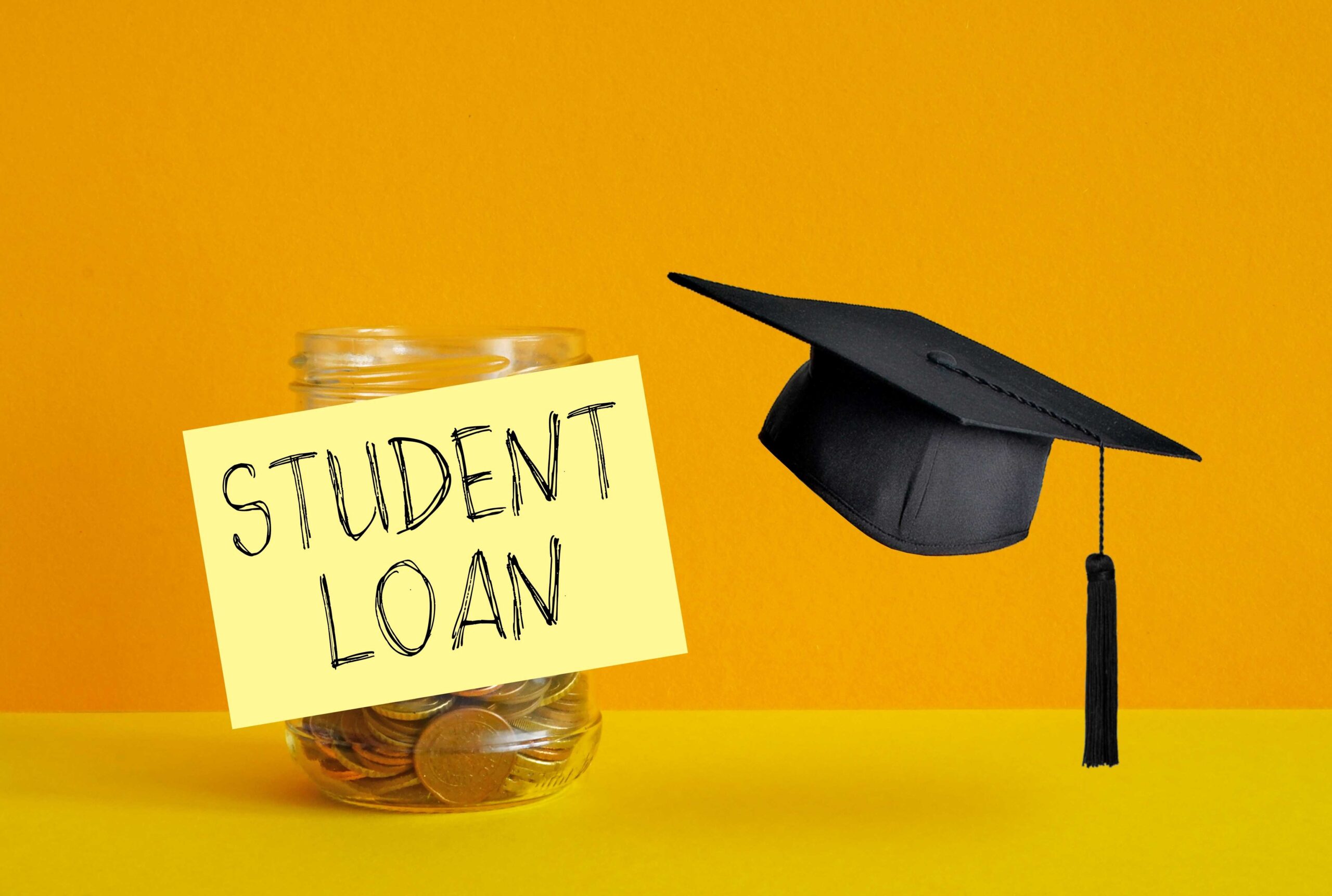
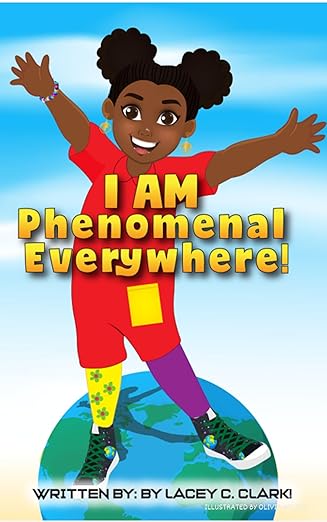
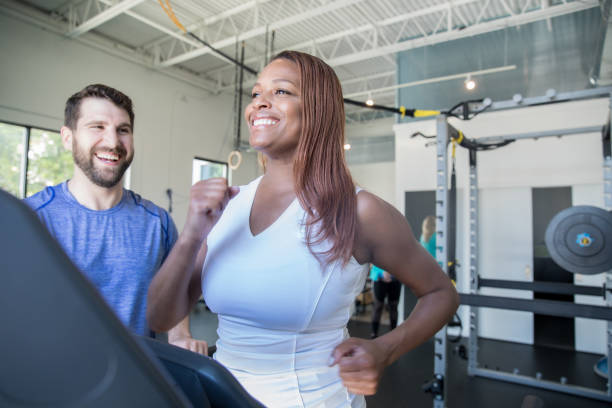

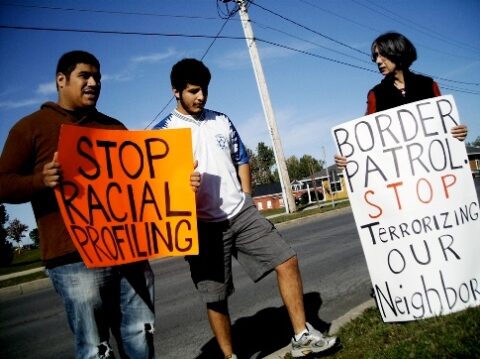
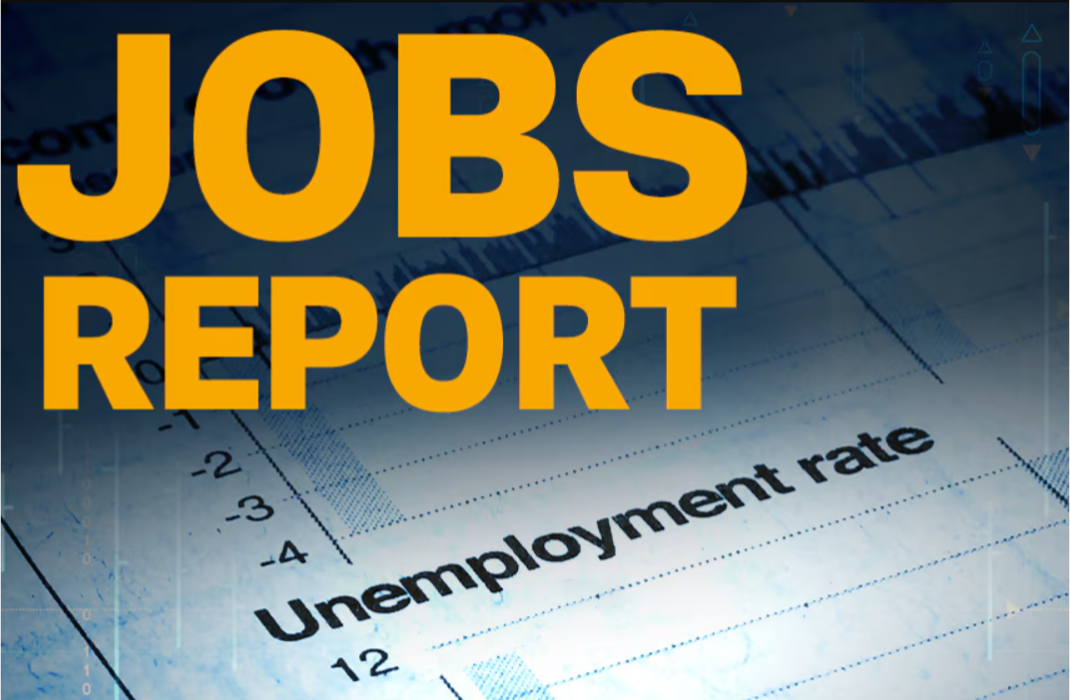
Leave a Reply